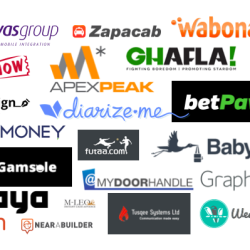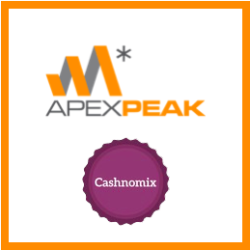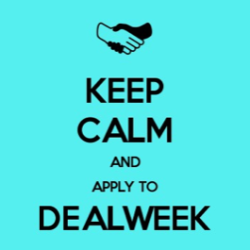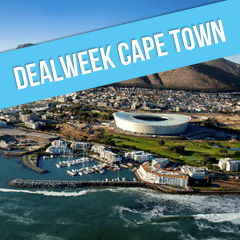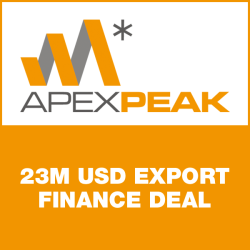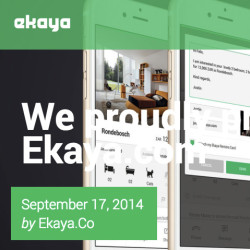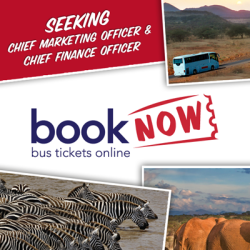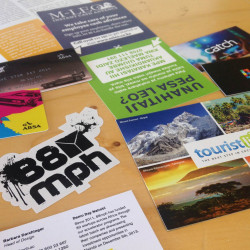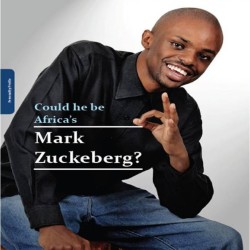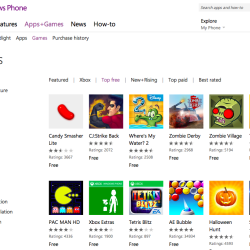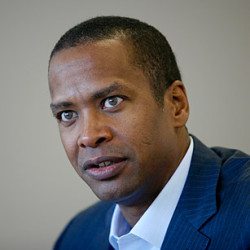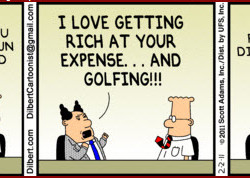How Do We Pick Our Startups?
January 27th, 2014
Right now we are sending out acceptance offers for the Cape Town 2014 program, as well as the rejection notes to those who didn’t make it through.
To beat you to it… Here’s the inside scoop as most of you will try and contact us to find out why you didn’t make it.
1st off, we acknowledge and appreciate that your startup is your baby, so hearing rejection is tough. Some simple Googling will give you plenty of stories of BIG businesses who were initially rejected by 100’s of investors (…in Silicon Valley. In Cape Town, there are no more than a handful, so less suffering for you perhaps?).
If you receive a rejection note please remember that we are essentially trying to pick winners based on your written answers to 20 questions, and perhaps a 1-hour face-face meeting. If this is the case, why don’t we take longer?! Because time is money. We’d rather give some of the shining stars a little runway and see what they can do. Often if you spend too much time you’ll get stuck in analysis paralysis, and never invest in anything.
When we use such limited information and are evaluating super early-stage startups, we are bound to make some mistakes. Picking startups this early resembles hiring more than investing. In most cases there are no financials; and projections of future cash-flow will have so much uncertainty that they are borderline useless.
Even though this whole process is extremely subjective, we would like to share with you some of the basics we tend to look for when deciding who we’ll work with.
It’s mostly in this order:
People, People, People – We invest in people as much as tech – Are you an entrepreneur? Can you build something? Do you have domain knowledge? How hungry is your core team? Are you able to listen to feedback and do something sensible with it? Have you shown that you’re completely committed to making this startup work?
Market – How big is your market opportunity? Do you understand what a market is and how to quantify it? Since most markets already exist, whose revenue are you going after? If you think you have a “first-mover advantage” or that “there is no competition”, chances are you didn’t get past the first round of screening.
Scalability – We invest in mobile/web startups that can scale. Example: Steve Blank is not scalable, his online classes on creating scalable startups are. The more scalable the better, scalable product + scalable business model = stars in investors eyes.
Africa’ness & 88mph Value-Ad – Does your business focus on Africa and can it work in other emerging markets? As a startup in Africa, your networks and knowledge is usually Africa-centered, so it won’t make sense to invest in you if you want to move to US and go head to head with US startups, where you lose any competitive advantage you may have had. Also 88mph’s networks are primarily here, so if you want to go that path, we can’t help.
Business Stage – We get between 200-400 applications for every program, and if there are a lot of good ones to choose from, the stage of your business might be the difference between us making an investment in you or not. While we do look at really early stage startups, if you have no product, no idea what the market looks like, or whether there is even a need (ie, someone willing to pay) for what you want to create, its tough for you get to a stage within 3-months, where bigger investors can reasonably evaluate your business.
Here’s to the crazy ones… who, with or without us, will go out and create something amazing.

